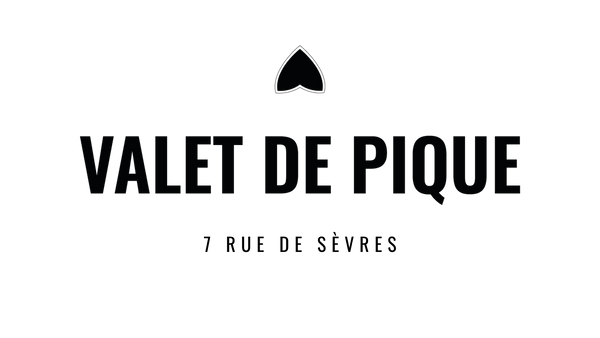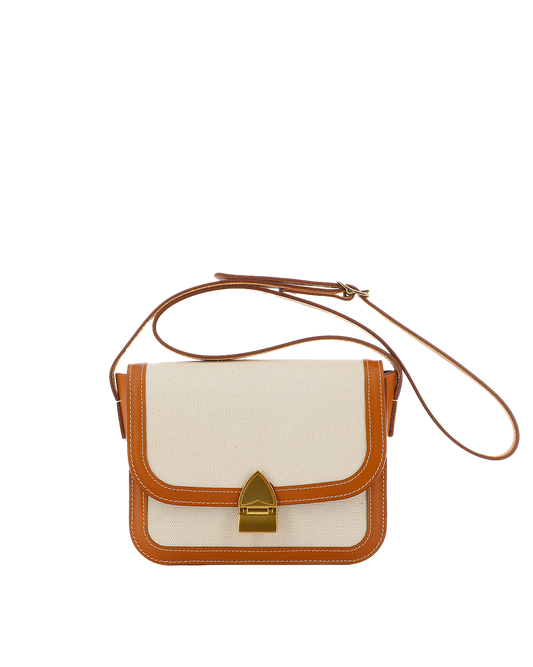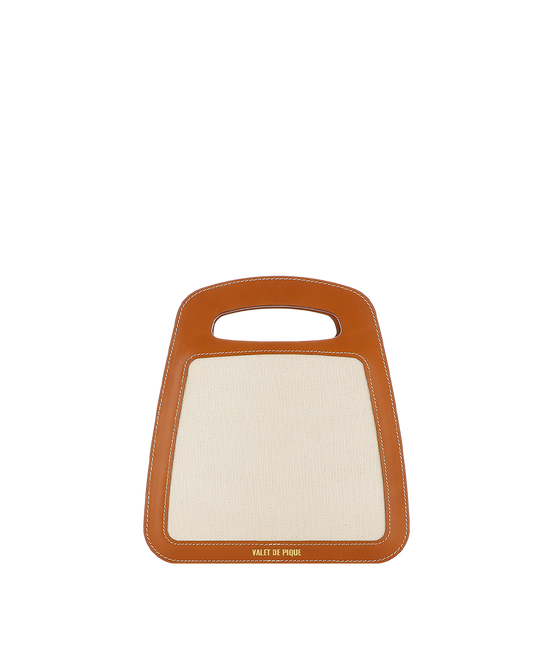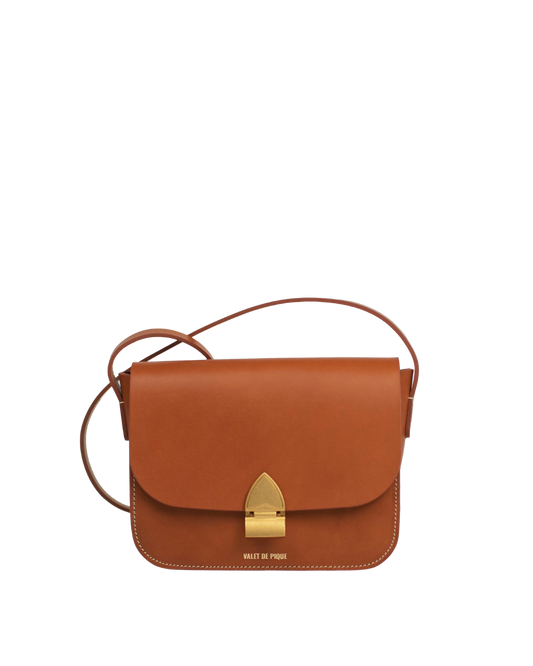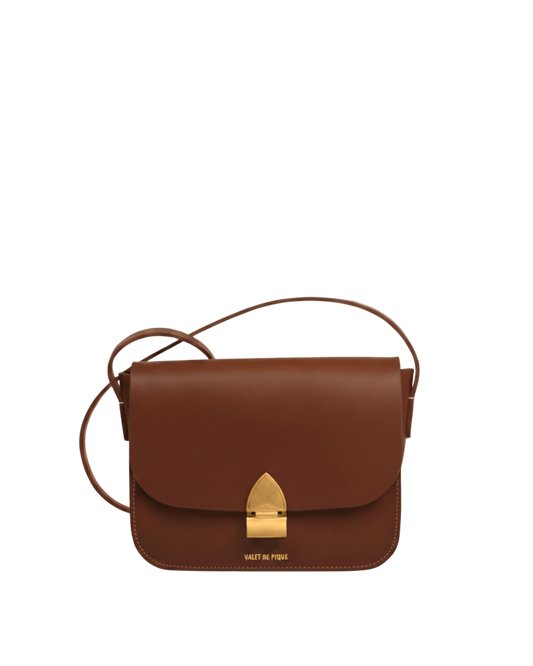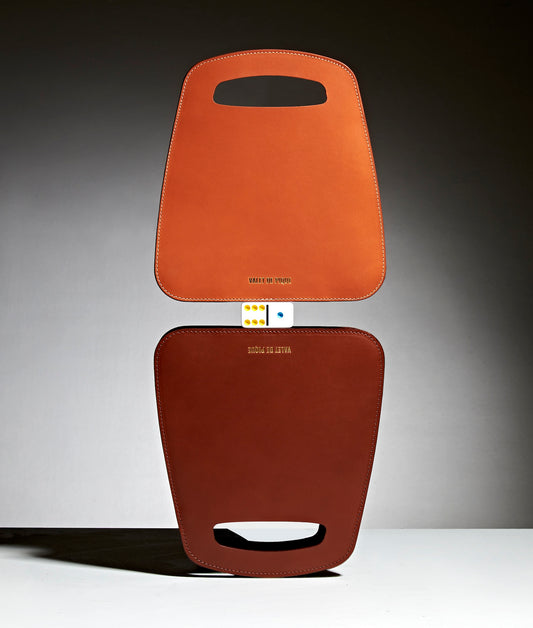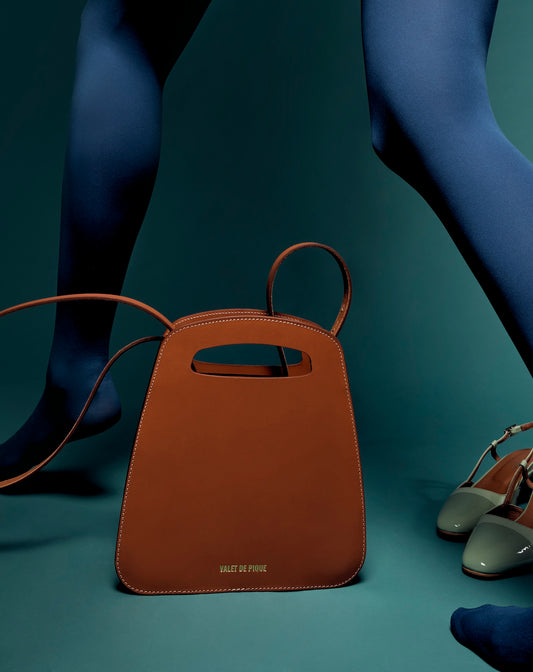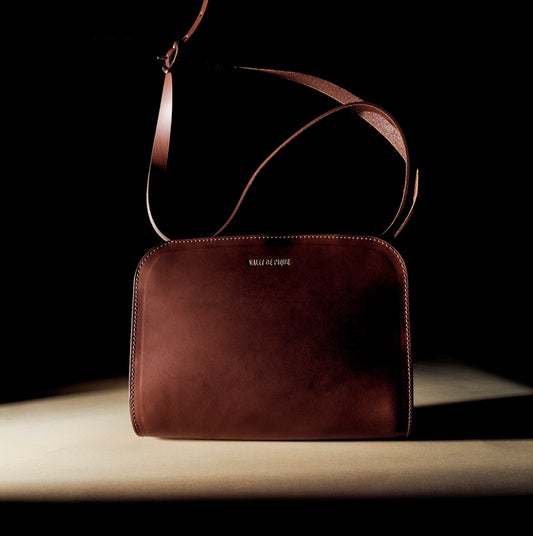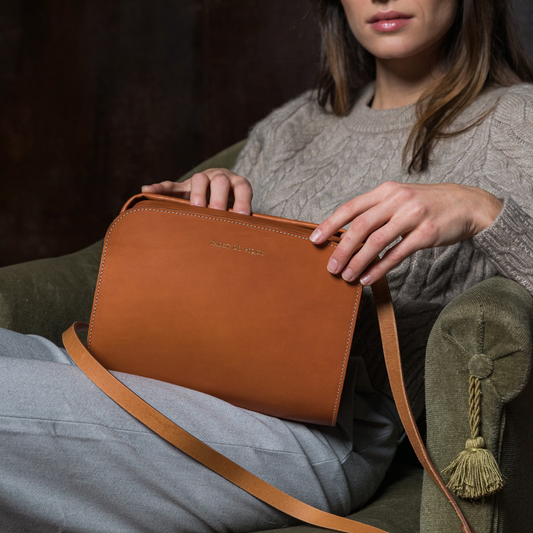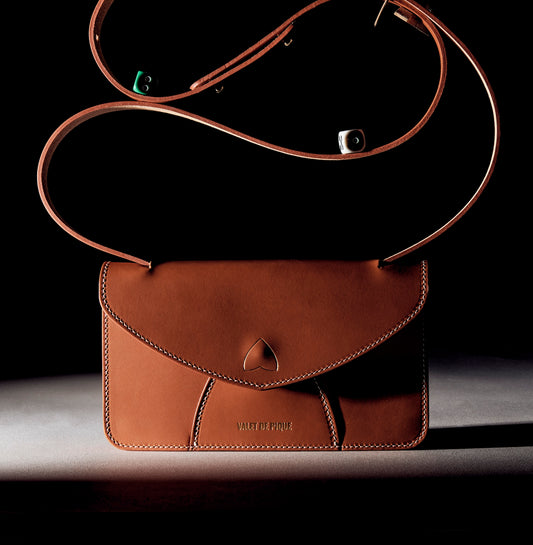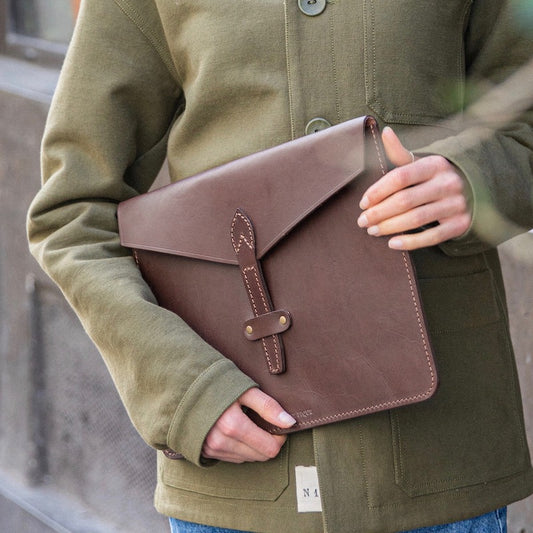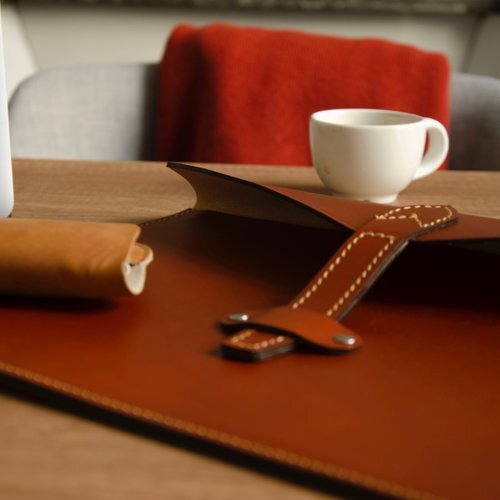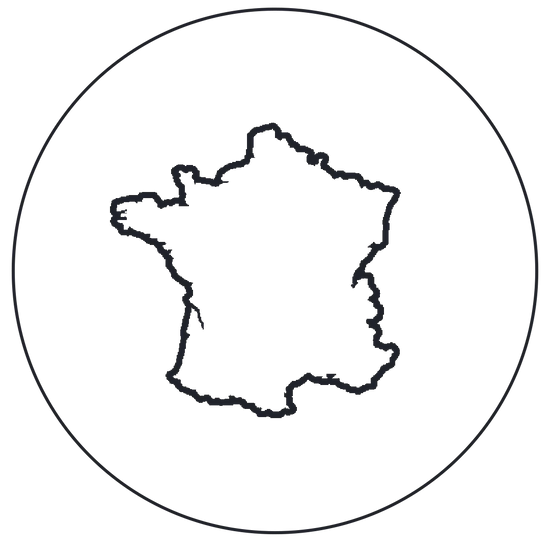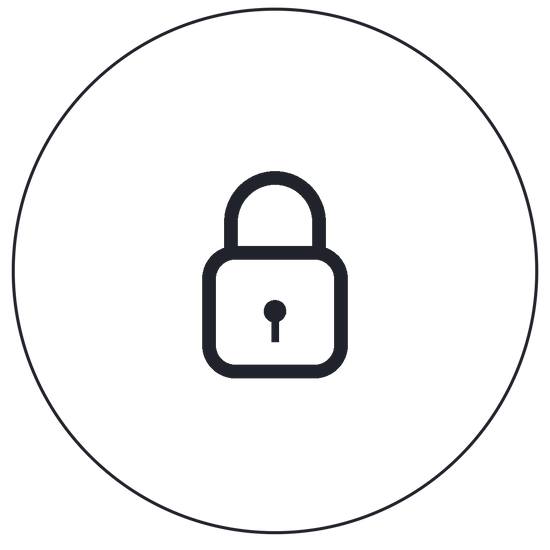With notifications, news alerts, hypermarkets, overconsumption, it sometimes seems that we waste our time. Time has become a rare commodity that we are trying to bring back into fashion at Valet de pique: take the time to think, take the time to create, take the time to make it last. While it seems to escape us, here are 3 benefits of free time.
TURN YOUR ATTENTION TO THE "TREASURES" IN YOUR LIBRARY
"The time to read, like the time to love, expands the time to live. Daniel Pennac, Like a Novel.
Jocelyn, poem by Lamartine (1836)
We live today in an "economy of attention". This is what the literary theorist Yves Citton notes in his book Pour une écologie de l'attention (For an Ecology of Attention): each of us has a capital of attention that is exploited by brands like a commodity. Every day, social networks, media, advertising and marketing seek to capture this attention in order to get their messages across. Didn't the recently deceased boss of TF1, Patrick Le Lay, talk about "available brain time"?
The constant detour of our attention would not be without consequences for the brain: it favors the famous "multi-tasking", which, according to Zeff & Rigby's research, would reduce the efficiency of our nervous system. Indeed, a brain interrupted during a task can lead to 50% or more risk of errors according to Doctor John Medina, author of the book The 12 Laws of the Brain.
Faced with this hyperinformation, it becomes difficult and rare to take the time to concentrate one's attention on a precise task: "in our overdeveloped countries, even among the least privileged among us, our cultural frustrations are less and less due to a lack of resources, and more and more often to the lack of time available to read, listen to or view all the treasures hastily downloaded onto our hard drives or imprudently accumulated on our shelves," explains Yves Citton.
Taking the time to dive into the "treasures" of our library, to cook or to play an instrument without being interrupted, is to find the freedom to focus our attention on an object that has value in our eyes, it is also to gain serenity.
GET BORED AND DEVELOP YOUR CREATIVITY
"We can no longer stand the time. We no longer know how to fertilize boredom. Our nature abhors emptiness, - this emptiness on which the spirits of yesteryear knew how to paint the images of their ideals, their Ideas, in the sense of Plato. Paul Valery, Le Bilan de l'intelligence.
Having free time is sometimes synonymous with boredom. Good news: boredom is itself conducive to creativity! In 2016, the Journal of Experimental Social Psychology published an ode to Boredom explaining that those who know how to welcome it "are more likely to develop original thoughts." Odile Chabrillac, psychotherapist and author of Praise for Boredom, urges us not to consider boredom as a negative state: "the first confrontation with boredom is not pleasant. But it can be tamed. Boredom is a concern as long as you resist it."
To "tame boredom," one must conceive of its benefits: one of the best-known research studies on the subject shows its effects on creativity. Psychology researchers Sandi Mann and Rebekah Cadman asked 40 people to think of original ways to use plastic cups after having them perform a particularly boring task: copying phone numbers from a phone book for 15 minutes. The result? Their ideas were much more clever than those of the control group (who didn't have to copy the phone numbers).
Accepting to be bored is beneficial for our brain: boredom corresponds to an unsatisfied search for stimulation of neurons, it is during this time that our brain will take unexpected paths. Thus, new ideas and initiatives emerge! So, please: get bored.
WALK, TALK, SHUT UP: GET BACK TO BASICS
"Don't ask me my program anymore: breathe, isn't that one?", Emil Michel Cioran, Breathing.
Emil Michel Cioran
To take time is to take a break from the hectic pace of daily life. It is an opportunity to discard the superfluous and return to the value of our actions and of what surrounds us. The sociologist David le Breton, anthropologist and sociologist specializing in the body, has studied the benefits of silence and walking, activities that contrast sharply with the hyperconnectivity and speed of the 2.0 world.
Walking, for example, is according to him "an act of resistance celebrating slowness, availability, silence, curiosity, the useless as many values opposed to the neoliberal sensibilities that condition our lives." A Stanford study also confirmed the benefits of a walk on creativity: the simple fact of walking on a treadmill in a cramped room would increase creativity by 60%. Mediation and yoga are activities that not only relax us, but also improve our concentration and help us refocus.
The confinement offers us time but it takes us away from our habits, our landmarks, our loved ones. It is in this context that we are finding the price of things without price. "The simple fact of moving around, taking a walk, meeting friends, going to work - for those who have the possibility of teleworking - is nowadays forbidden. And we realize how much this had an absolutely unheard of value, but forgotten."
Article written by Claire D.
For more information:
Breton Philippe, Le Breton David. Le silence et la parole : contre les excès de la communication. Editions Eres. 2017.
Chabrillac Odile. Petit Eloge de l'ennui. Editions Jouvence. 2011.
Citton Yves. L'économie de l'attention, nouvel horizon du capitalisme ? Editions du Seuil. 2014.
Kahn Annie. Boredom, a factor of creativity. Le Monde. 14/01/2014.
Laurent Annabelle. "Containment reminds us how unbelievably valuable simple things are". Usebk & Rica. 3/21/2020.
When mindfulness makes us more authentic. French Institute of Positive Leadership. 17/01/2017.

